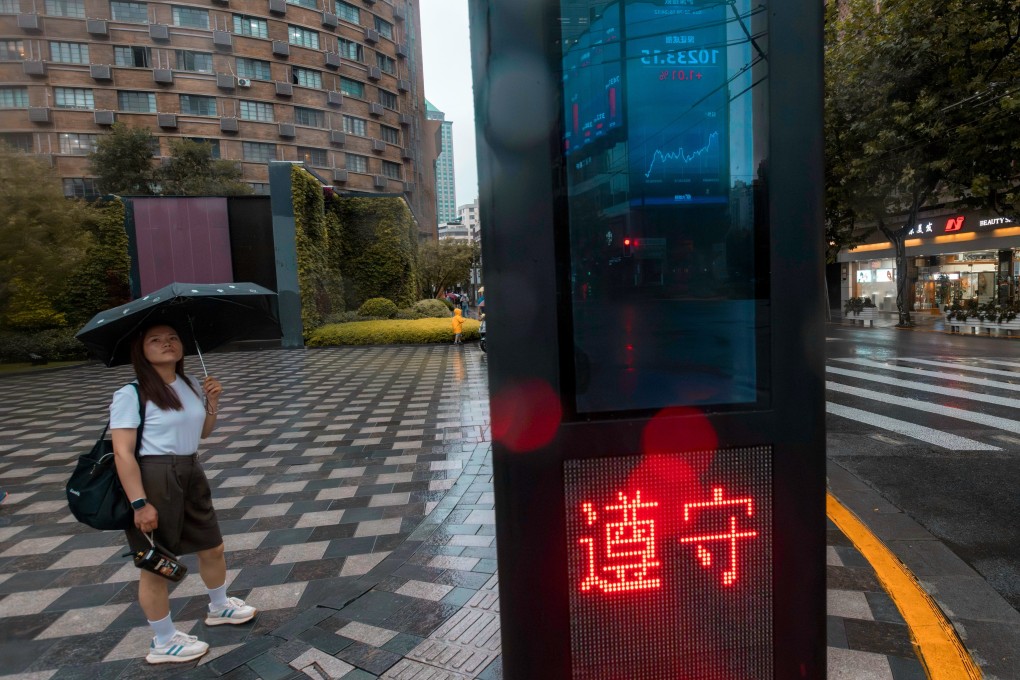Advertisement
The View | Will China bring out the ‘big bazooka’ to revive its economy? I would bet on it
- Chinese leaders are wary of worsening the economy’s structural imbalance, but if light-touch measures continue to fail to lift business and consumer confidence, it could be only a matter of time before they take firmer action
Reading Time:3 minutes
Why you can trust SCMP
10

A tax on salt was thought to have been first levied in China around 300BC, to help fund the construction of the Great Wall. Salt has been prized throughout history; used financially, fiscally, politically and indeed medically for its anti-inflammatory and antibacterial properties.
Advertisement
The recent surge in sales of salt in Hong Kong and mainland China was partly due to rumours that salt would prevent radioactive iodine from entering the thyroid gland after exposure to excess radiation. This loss of confidence in an aspect of daily life occurred despite government warnings that the rumours were false.
There are few matters more emotional than getting sick or losing money, as seen by the panic of the “salt run”.
China has had a torrid month on the economic front, with leading indicators (like manufacturing confidence) coming out bad and lagging indicators (like exports) worse. The value of Chinese imports has fallen for nine of the past 10 months as consumers have retreated post-pandemic.
The renminbi is down more than 5 per cent against the US dollar this year. Wealth management products are in trouble. The still-tight economic policies of the Covid-19 times have seen foreigners do a salt run of their own, with overseas funds selling more than US$10 billion from China’s stock markets over just 13 days last month.
Advertisement
The property sector is especially emotional. Buyers chase prices upwards in good times and strike when prices are believed to be falling; they fear losing more than they look forward to winning. The shares of one of China’s largest property companies, China Evergrande, were down nearly 80 per cent on Monday, when it began trading again after a 17-month suspension. The share price touched HK$27.90 in June 2020; it is now around 27 Hong Kong cents.

Advertisement
